News
News from EU H-WORK project

H-WORK project has recently published its first newsletter.
| ► | Let's get to know us! |
| ► | How to promote mental health in SME's and public sector |
| ► | H-WORK consortium and its expertise |
| ► | The psychosocial impact of COVID19 emergency on heathcare workers |
| ► | Supporting workers return to work after COVID19 emergency |
| ► | H-WORK enters its implementation phase: the needs analysis |
Free course on occupational health and safety for health workers in the context of COVID19
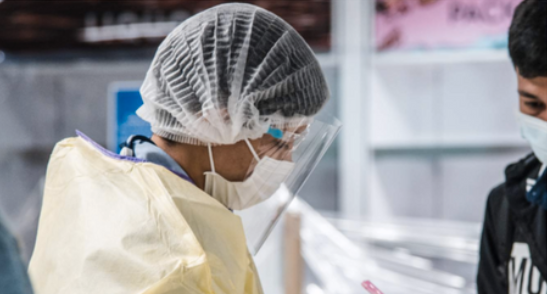
This free WHO course on OSH for health workers has aproximatively a duration of one hour and consists of the following sections: Introduction, Infectious risks to health and safety, Physical risks to health and safety, Psychosocial risks to health and safety and Basic occupational health and safety in health services.
COVID-19: Protocol for risk assessment and stratification of workers'vulnerability

The Spanish occupational medicine association has recently published a vulnerability criteria guideline for COVID-19 in workers. They describe it as a tool to identify the more vulnerable workers for COVID-19 that will be useful to value their work limitations.
ILO's Practical Guide on Teleworking during the COVID19 pandemic and beyond
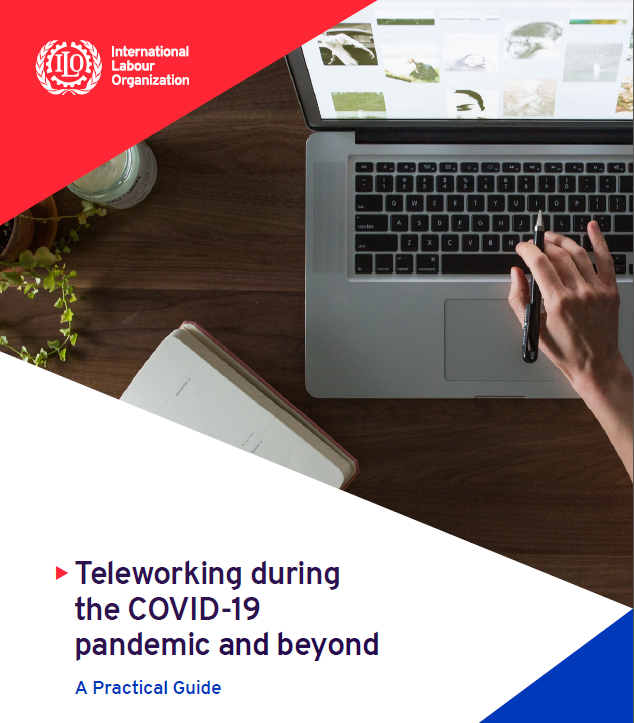
ILO has published recently a guide with practical and actionable recommendations for effective teleworking that are applicable to a broad range of actors; to support policymakers in updating existing policies; and to provide a flexible framework through which both private enterprises and public sector organizations can develop or update their own teleworking policies and practices. It includes case examples and a list of tools and resources.
Psychological impact of COVID-19 in Spain
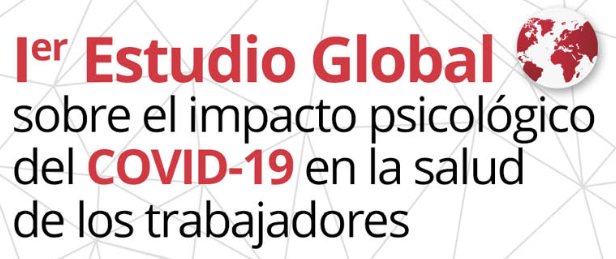
42% of Spanish workers present symptoms of anxiety derived from COVID-19.
Affor presents the results of the research done in Spain and seven Latin American countries among working population from April to June.
They have also asked and made available interviews to six OSH experts on how to tackle psychosocial risks after COVID-19.
ILO Guideline on Managing work-related psychosocial risks during the COVID-19 pandemic
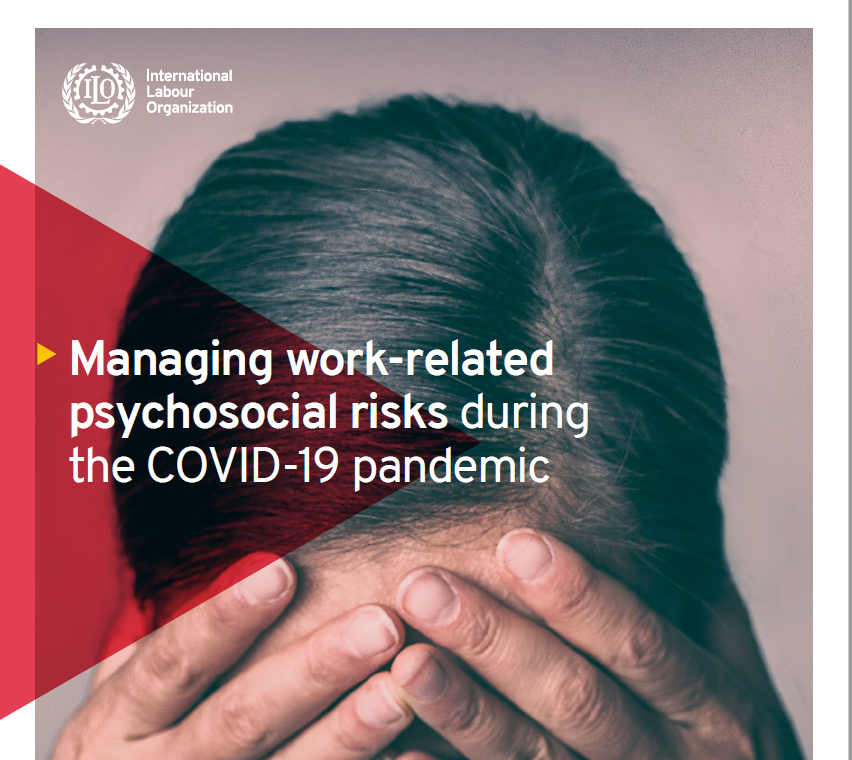
MAVIMPLANT: a tool for re-designing workspaces under COVID-19

Social distancing is important for containing COVID-19 at work. The French Insitute for Health and Safety at wotk-INRS has made available MAVIMPLANT a tool for redesigning work spaces respecting social distancing rules in four sectors: 1) Hotels, cafes, restaurants, 2) Garages, 3) Logistics warehouses , 4) Bakeries, pastry shops, ice-cream saloons.
How do you resuscitate in times of COVID-19?
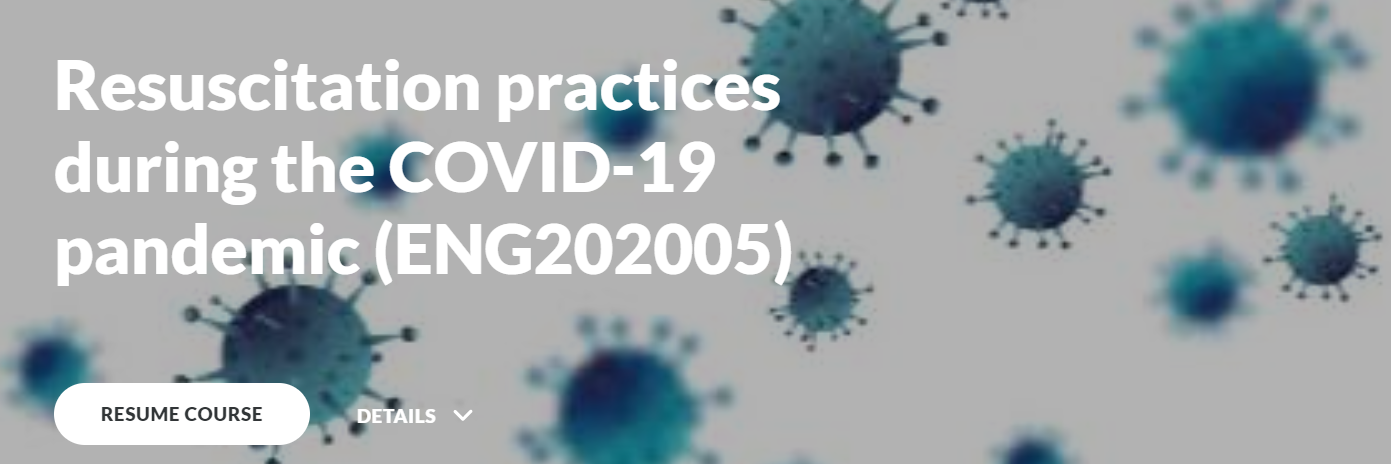
The European Resuscitation Council has made available an online course on safe resuscitation practices during COVID-19 The course in freely accessible and constantly updated.
You can also get the ERC COVID-19 guidelines here
COVID-19: Pregnant women and their babies

COVID-19 Cochrane review of national clinical practice guidelines for key questions relating to the care of pregnant women and their babies. You will find recommendations on what to do if pregnant women is COVID-19 positive or symptomatic, at risk etc.
Stop the pandemic: EU-OSHA action plan for healthy workplaces
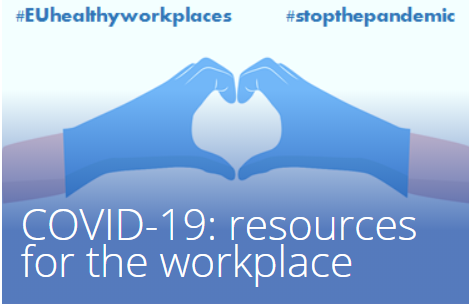
Stop the pandemic is an initiative of EU-OSHA to address the occupational health and safety challlenges linked to the current pandemic, offering guidance to limit the spread of the virus and for a safe and healthy return to work. It also includes videos and links to good practice from EU and International organizations and tips for working from home.